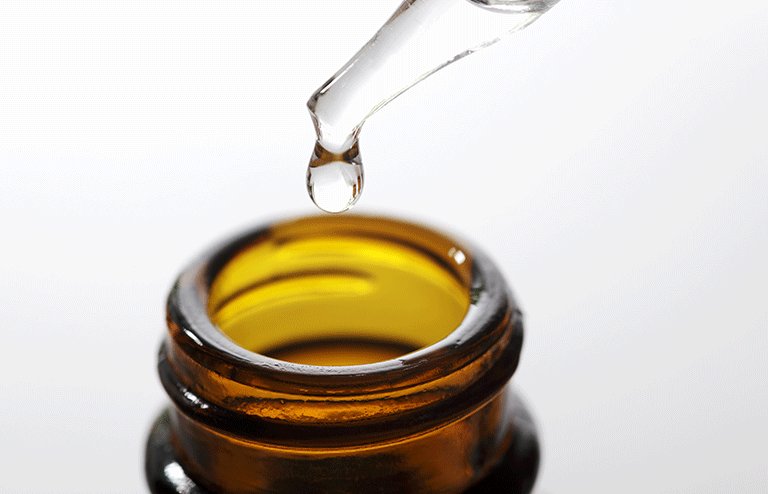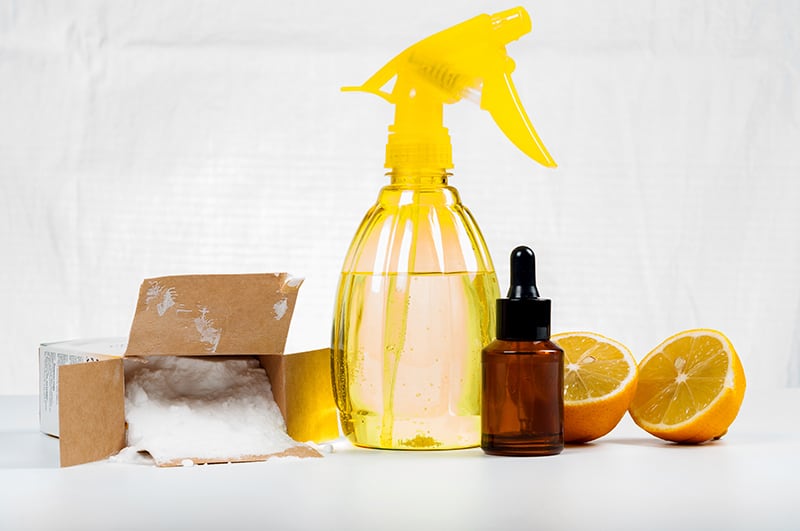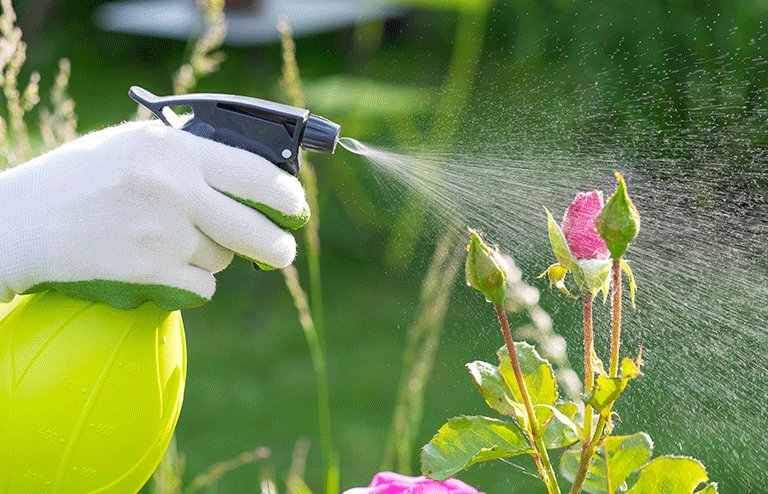In the treatment of home and garden pest control, there is a wide range of chemicals on the market that claim to eradicate the problem. The pesticide industry is huge and these chemicals are widely used in the farming industry to protect crops from infestation, as well as being advertised to keep the home pest-free. However, chemicals should be used with extreme caution and sometimes only as a last resort, due to the hazards that they can pose to humans, domestic animals, various forms of wildlife, and the wider environment. As an alternative, you can use homemade pesticides to ensure they’re safe and just as effective.
When you are seeking to resolve a pest problem in your home or garden, there are a number of different organic, homemade pesticides that can be incredibly effective, many of which can be simply applied with a spray bottle. With varying options available depending on the type of bug, these methods should be tried before resorting to strong chemical solutions.
Below are some widely used and effective homemade pesticides to protect you, your family, and your garden from bug infestations, without damaging the environment or killing harmless wildlife.




